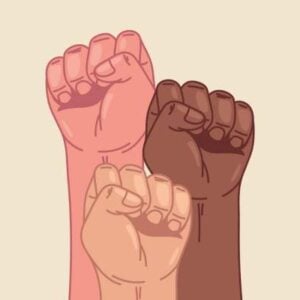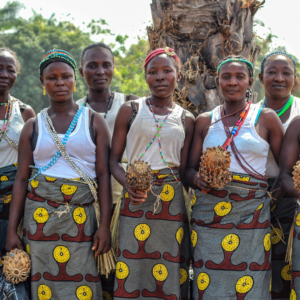The Asian Development Bank (ADB) has announced a $410-million funding package to support the development of the massive Reko Diq copper-gold mine in Balochistan, Pakistan—a project deemed vital for meeting global copper demand in the clean energy transition. However, this decision has sparked concerns among rights advocates due to persistent allegations of human rights abuses in the region.
Key Takeaways
- The ADB will finance a major copper mine in Pakistan’s restive Balochistan province, raising human rights concerns.
- Civil society groups urge a pause in international funding until security and rights issues are addressed.
- Mine operators and funders insist on responsible practices and broad local support.
The ADB’s Investment in Copper: Critical for Clean Energy
As the world shifts toward renewable energy, copper has become a cornerstone mineral for technologies such as solar panels, electric vehicles, and energy grids. The Reko Diq mine, jointly owned by Canadian giant Barrick Gold Corporation and the governments of Pakistan and Balochistan, is set to become one of the largest sources of copper globally, with full-scale production slated for late 2028.
With proven reserves expected to last at least 37 years, the project aims to produce 200,000 tons of copper and 250,000 ounces of gold each year in its first phase. The scale is such that it will not only support global supply, but also generate thousands of jobs across the impoverished province.
Mounting Human Rights Concerns in Balochistan
Despite anticipated economic benefits, Balochistan has a fraught history. The province has witnessed decades of conflict between local groups demanding greater autonomy and central authorities, often resulting in harsh security crackdowns. United Nations experts have denounced widespread reports of enforced disappearances, torture, and violence—especially targeting peaceful protesters and rights defenders.
This security climate has led activists to argue that true, transparent community engagement for such a large industrial project is impossible under current conditions. A coalition of 36 international organizations recently called for all lenders to halt support unless and until security and human rights issues are formally addressed.
Company and Lender Responses: Balancing Risks and Benefits
Both Barrick and the ADB stress their commitment to responsible mining, stakeholder engagement, and the highest social and environmental standards. Barrick maintains that extensive consultation with local communities has already taken place, touting overwhelming support and robust due diligence. Meanwhile, funding partners like the International Finance Corporation (IFC) state that all projects must meet strict environmental and social requirements.
However, critics remain skeptical. They argue that meaningful dialogue or oversight is undermined by the climate of fear and repression, and insist that investment cannot be truly “responsible” until deeper systemic issues are resolved.
The Broader Context: Copper Demand and Fragile Partnerships
The move to back the mine comes as experts warn of a looming global copper shortfall critical for net zero targets by 2050. Several international export credit agencies are reportedly considering further financial support.
As debates continue between economic imperatives and fundamental rights, the trajectory of the Reko Diq project will be closely watched by investors, communities, and global observers alike.
References
- Banks back Pakistan copper mine despite human rights fears, Climate Home News.






